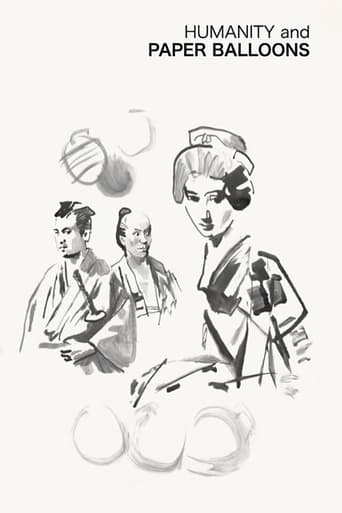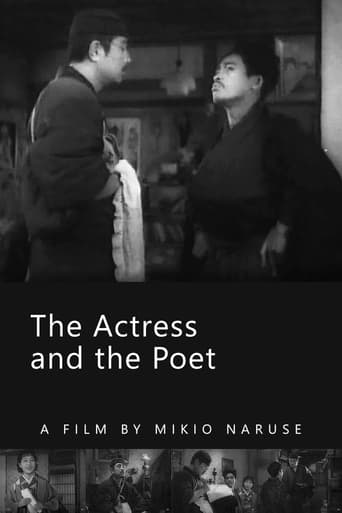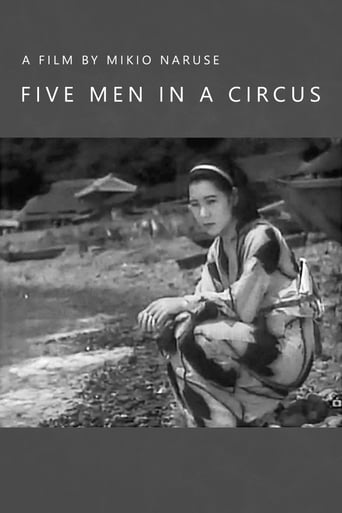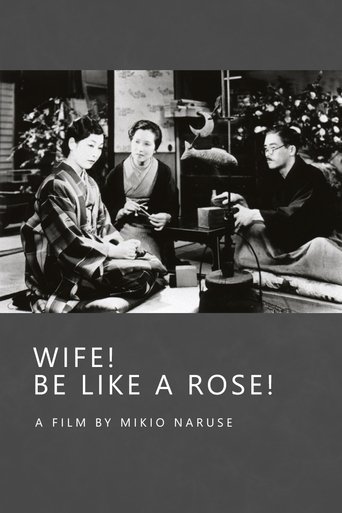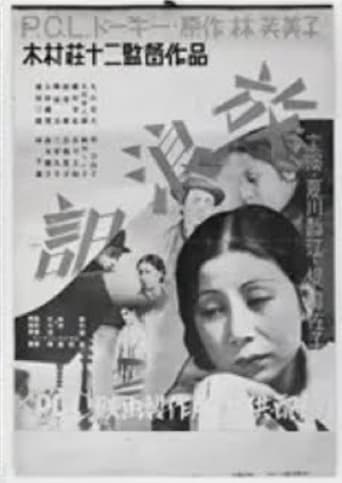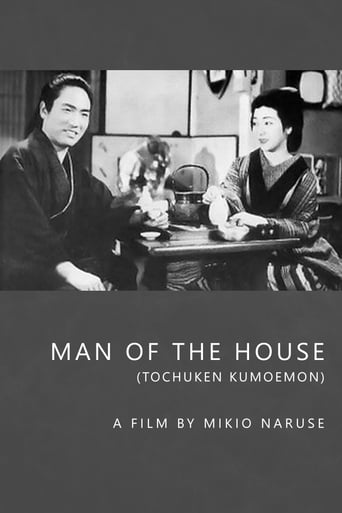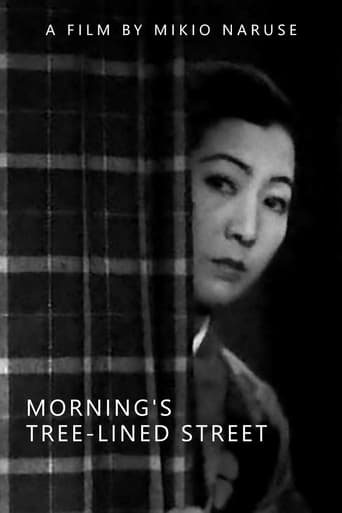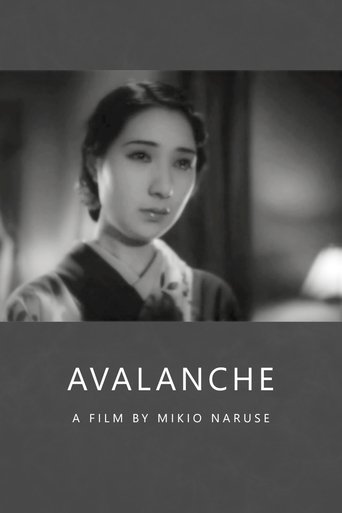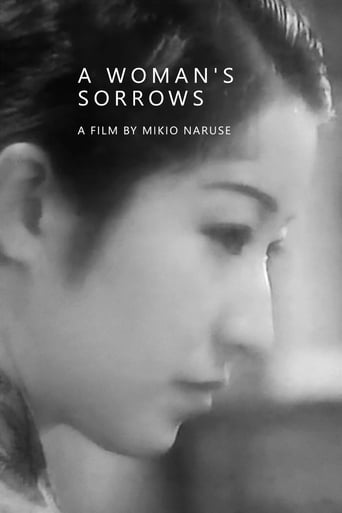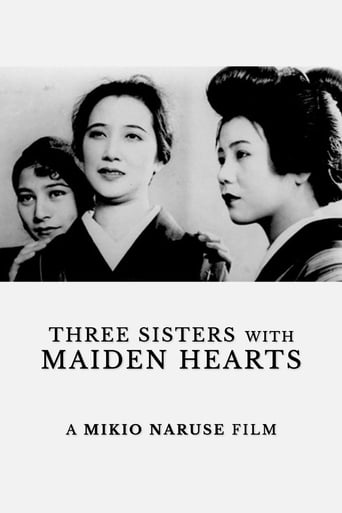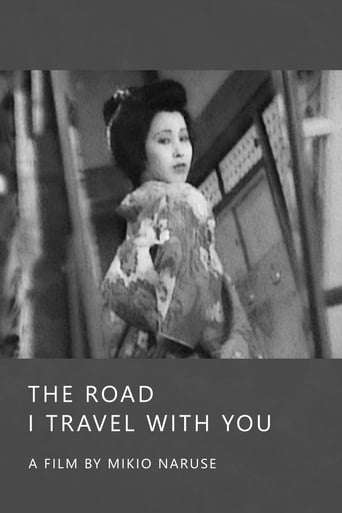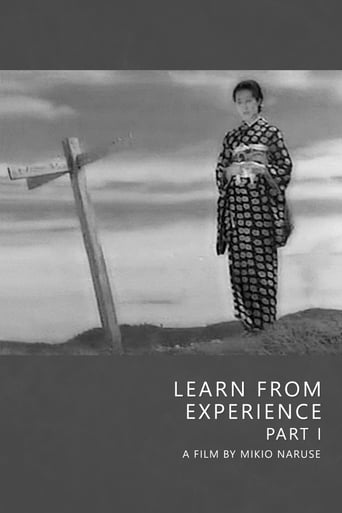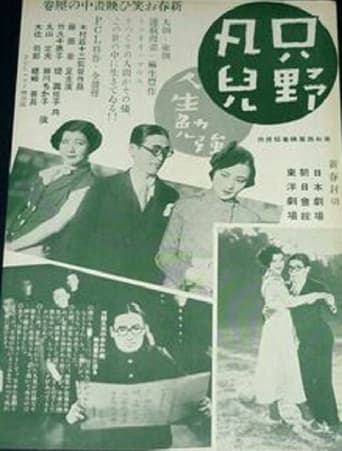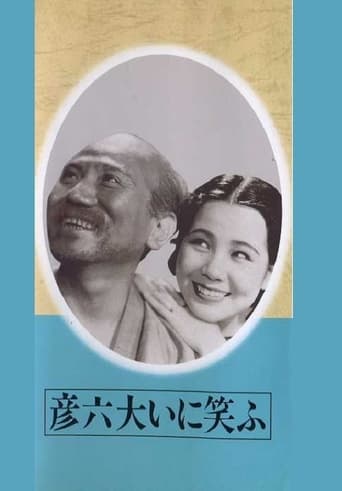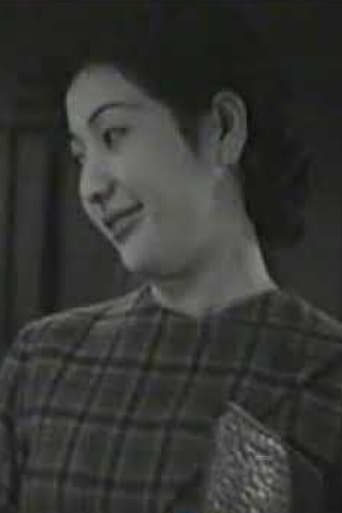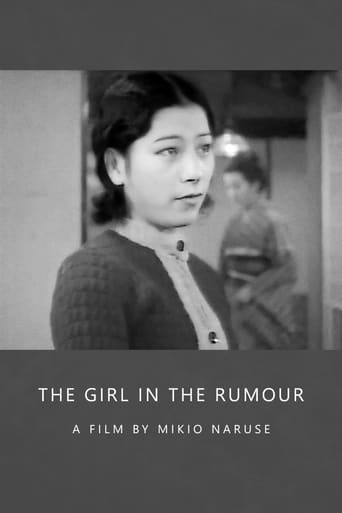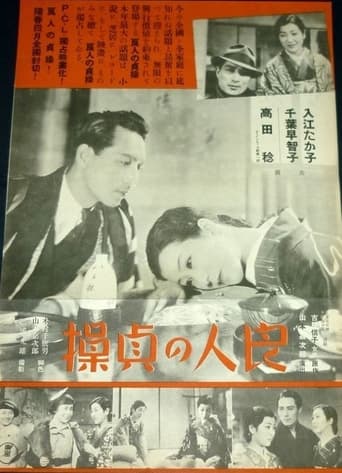Part 1 of a 2-part romance based on a story by noted author Kikuchi Kan. The central character here is Toyomi (played by Takako IRIE, star of Mizoguchi’s "Water Magician), a rich young woman in love with Shintaro (Minoru TAKADA), a rich young man. Unfortunately, Shintaro’s father is in the process of arranging a marriage for him with Yurie (Chieko TAKEHISA), the scion of an even wealthier family. In order to avoid this, the two young lovers flee to Tokyo to live together. When Shintaro comes back to proclaim his intent to marry Toyomi, his father browbeats him into attending the long-arranged marriage meeting with Yurie. While Shintaro is back home, Toyomi goes on a vacation trip with her closest chum, Michiko (Yumeko AIZOME). At a class reunion, Toyomi is to distressed (at not having heard from Shintaro for so long), she doesn’t go out on the town with her classmates. Michiko, however, runs into Shintaro and Yurie (also out on the town), and pulling him aside, demands an explanation.
